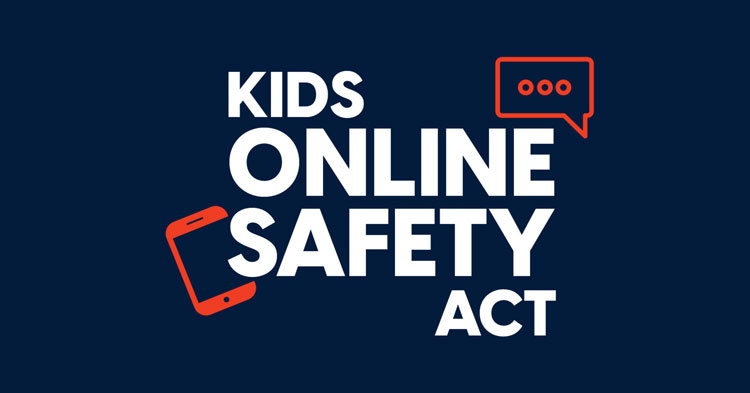
Sen. Mark Kelly backs legislation to protect children on social media, hold tech companies accountable
Contributed Article
WASHINGTON D.C. – Arizona Senator Mark Kelly is cosponsoring the bipartisan Kids Online Safety Act, or KOSA, to protect kids and teens online by holding tech companies accountable for the content on their platforms and giving parents more control over what their children are watching.
The bill has garnered support from a broad coalition of parents who have witnessed their children harmed by social media, young people seeking to change their online habits, and hundreds of advocacy groups and experts who have firsthand seen the adverse effects of social media in their communities.
“As a parent and grandfather, I know it’s only getting harder to keep kids safe online,” said Kelly. “Too many families have seen the real harm social media can cause, from mental health issues to bullying and exploitation. This will give parents more tools to protect their kids from dangerous content and finally hold tech companies accountable for putting profits ahead of kids’ safety.”
Specifically, the Kids Online Safety Act:
- Requires social media platforms to provide minors with options to protect their information, disable addictive product features, and opt out of personalized algorithmic recommendations.
- Gives parents new controls to help protect their children and identify harmful behaviors, and provides parents and educators with a dedicated channel to report such behaviors.
- Creates a duty for online platforms to prevent and mitigate specific dangers to minors, including promotion of suicide, eating disorders, substance abuse, sexual exploitation, and advertisements for products illegal for minors (e.g., tobacco and alcohol).
- Ensures that parents and policymakers are informed about whether online platforms are taking meaningful steps to address risks to children by requiring independent audits and research into how these platforms impact the well-being of children and teenagers.
“I lost my son, Erik Robinson to accidental asphyxiation 15 years ago when he was just 12-years-old because of a viral challenge that others had promised was “safe.” Back then, we had no idea that algorithms targeted kids with such dangerous material. However, we now know that these platforms are only out to make money and do not care how their platforms target and affect children. It breaks my heart that thousands of other kids have also died since Erik’s death as a result of an immense menu of harms that target kids online. Legislation like the Kids Online Safety Act (KOSA) would help mitigate many of these harms and save lives. I urge Congress to say “yes” and help keep kids safe with KOSA,” said Judy Rogg, mother of Erik Robinson, forever 12, Co-founder and Director of Erik’s Cause.
“It’s been more than four years since I lost my son, Riley, to suicide when he was only 15 years old after a sinister stranger found him on Facebook and sextorted him. One of the few ways I’ve found to cope since then is to advocate for social media reforms that will protect other children from the abuse Riley experienced. Which is why the reintroduction of the Kids Online Safety Act (KOSA) is so critical. This transformative legislation will finally hold Big Tech accountable for the algorithms and designs they use to prey on the most vulnerable among us, simply because it adds to their hefty bottom line. It’s unconscionable, and Congress must step in now to require that they create a safer product, because we know they can. KOSA will do just that,” said Mary Rodee, mother of Riley Basford, forever 15.
The Kids Online Safety Act (KOSA) would protect children and young people from online harms by requiring Internet platforms to take measures to reduce dangers like bullying, sexual exploitation, and harmful content promoting suicide or substance abuse. The bill also focuses on providing parents with more tools to manage their children’s online experiences and promoting research into the impact of social media on minors. The bill has passed the Senate but has not yet been voted on by the House of Representatives.



